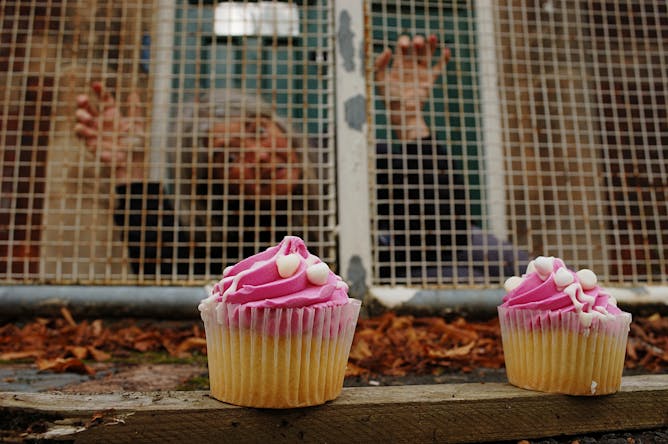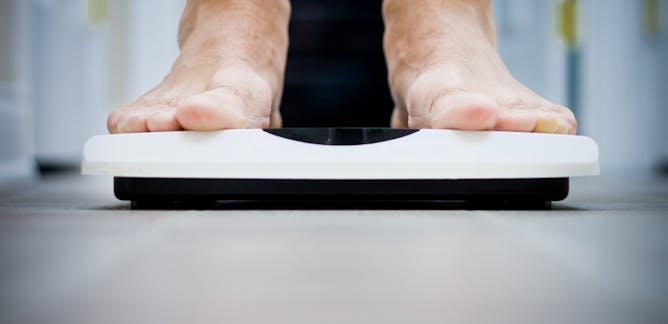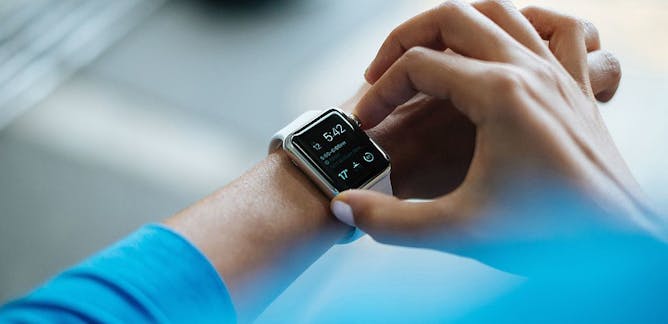| |
|
|
|
|
|
|
| |
|
Editor's note
|
|
We’re usually pretty good at setting goals to improve our health and lifestyle: eat less, exercise more; spend less, save more; cut down on work emails out of hours, pick up a hobby.
But it’s not as easy as buying a Fitbit and a CSIRO cookbook and magically shedding those kilos from January 1. Or finding that elusive work-life balance just because we roll into another year.
Today we bring you 12 articles from the archives on how to make your New Year’s resolutions stick, along with some achievable goals and guidance to get there. As our experts explain, you need more than intentions: you need a realistic and specific plan.
And if you missed out on the January 1 deadline and want to change a habit or behaviour, don’t do what I do and wait until the following year – start tomorrow.
|
Fron Jackson-Webb
Senior Health + Medicine Editor
|

|
|
Make a plan and stick to it
|

Self-control is a major problem for many of us, so failure to maintain New Year’s resolutions isn’t surprising.
Apionid/Flickr
Neil Levy, University of Oxford
Every year, millions of people around the world make New Year’s resolutions. And every year, the great majority of us break and abandon those resolutions. Psychology research can help.
|
Move over, Michelle Bridges
|

Clare Collins, University of Newcastle
When it comes to weight loss, there are no magic tricks that guarantee success. What works for you is likely to be different to what works for your partner, neighbour or workmate. The best advice is to…
| |

Vybarr Cregan-Reid, University of Kent
It's all about the Goldilocks Threshold.
|

Deborah Lupton, University of Canberra
Research shows that people's social networks, employment conditions and life stages all impact their use of wearable devices. Understanding these factors can help you achieve your fitness goals.
| |

Clare Collins, University of Newcastle; Tamara Bucher, University of Newcastle
Research shows people who cook more have healthier eating patterns, spend less money on take away foods and have indicators of better health.
|
|
|
Less work, more life
|

Leah Ruppanner, University of Melbourne
Employees in countries with shorter working hours report more work-family conflict – what's going on?
| |

Stacey Parker, The University of Queensland
Research has shown that the benefits of a holiday tend to last only two to four weeks. After that, you’re left just as burned out as you were before your holiday.
|
|
|
Some extra help
|
-
Lisa A Williams, UNSW
Recent psychological research highlights several reasons why New Year's resolutions might actually work - as well as simple ways to set yourself up for success.
-
Ted Fischer, Vanderbilt University
In setting out our resolutions, we should first step back and take stock of what it is that we really want, what we consider the good life to be, and then think about how best we might achieve it.
-
Jayashri Kulkarni, Monash University
“I will definitely give up smoking – that’s my New Year’s resolution,” she stated emphatically as she thumped her fist on the table to underline her determination. “All very well”, I thought, as I sat…
-
Brett Hutchins, Monash University
There's a time and place for a smartphone and some artists and sports stars want you to stop using them when they're performing. Just enjoy the live event instead.
-
Laurie Cohen, University of Nottingham
Life is messy – and it's time we accepted that.
|
|
| |
Featured jobs
|
|
|
Featured events
|

|
Business School, Dr Chau Chak Wing Bldg, 14-28 Ultimo Road, Sydney, New South Wales, 2007, Australia — University of Technology Sydney
|

|
RMIT University, Melbourne, Victoria, 3000, Australia — RMIT University
|

|
Business School, Dr Chau Chak Wing Bldg, 14-28 Ultimo Road, Sydney, New South Wales, 2007, Australia — University of Technology Sydney
|

|
Esplanade Hotel Fremantle, 46-54 Marine Terrace, Fremantle WA, Perth, Western Australia, 6160, Australia — Curtin University
|
|
|
|
| |
| |
| |
| |
| |
|
|
|
|
|
|
| |